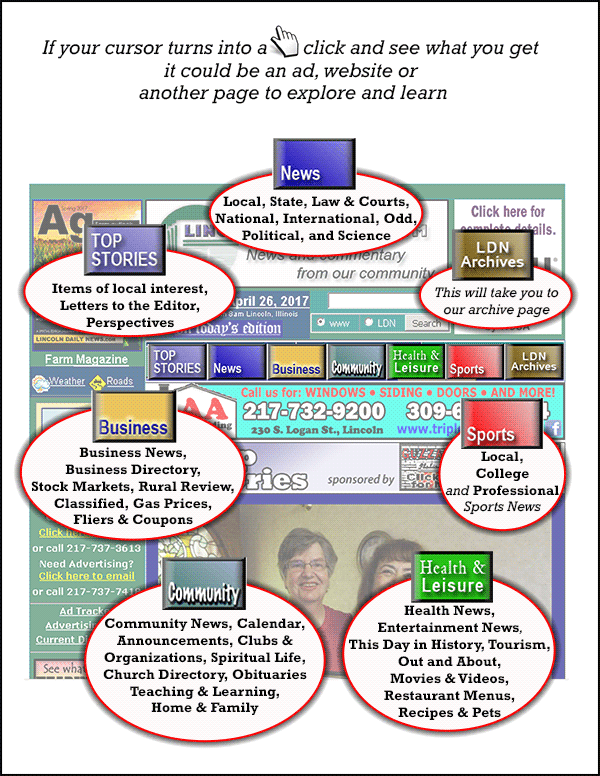|
"Hydrogen fuel cell vehicles and pure electric vehicles with
lithium batteries are important technical routes for new energy
vehicles," said Huang Libin, a spokesman for the Ministry of
Industry and Information Technology (MIIT).
Pure electric vehicles are more suitable for urban and
short-distance passenger travel, while hydrogen fuel cells are
more suitable for long-distance and large commercial vehicles,
Huang said.
"We believe that hydrogen fuel cell vehicles and pure electric
vehicles will coexist and complement each other for a long time
to meet the needs of transportation and people's travel," Huang
said.
Senior industry executives and academics in China have urged the
government to support hydrogen fuel cell technology due to its
suitability for commercial vehicles.
Japan's Toyota Motor Corp plans to supply fuel cell components
to China's commercial vehicle makers after launching a joint
research institute with Tsinghua University last week.
(Reporting by Yilei Sun in Beijing and Brenda Goh In Shanghai,
editing by Louise Heavens)
[© 2019 Thomson Reuters. All rights
reserved.] Copyright 2019 Reuters. All rights reserved. This material may not be published,
broadcast, rewritten or redistributed.
Thompson Reuters is solely responsible for this content.
 |
|



